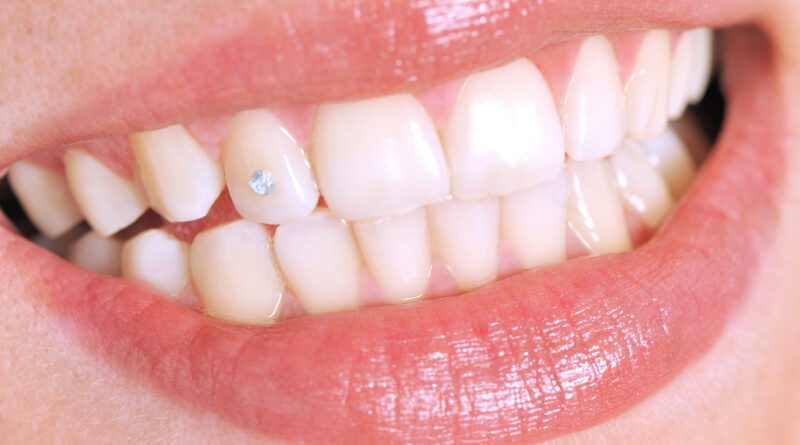Revolutionizing Smiles: Dental Implant Tooth Replacement vs. Dentures
Introduction
In the realm of dental restoration, the choice between dental implants and dentures marks a significant decision, one that not only impacts oral health but also influences self-confidence and quality of life. Both options offer solutions for missing teeth, but they differ in their approach, durability, and overall effectiveness. Understanding the nuances between dental implant tooth replacement and dentures is crucial for making an informed decision that aligns with individual needs and preferences.
Dental Implant Tooth Replacement: A Modern Marvel
Implants: The Foundation of a Strong Smile
Dental implants represent a cutting-edge solution for tooth replacement, mimicking the natural structure and function of teeth. Made of biocompatible materials such as titanium, implants are surgically positioned into the jawbone, serving as sturdy anchors for artificial teeth or dental prostheses. This integration with the jawbone provides stability and prevents bone loss, preserving facial structure and preventing the sunken appearance often associated with missing teeth.
Benefits Beyond Aesthetics
Beyond aesthetics, dental implants offer a host of advantages. Unlike traditional dentures, implants function much like natural teeth, allowing for comfortable chewing and speaking without the worry of slippage or discomfort. Moreover, they promote oral health by stimulating the jawbone and preventing bone deterioration, a common issue with tooth loss. With proper care, dental implants can last a lifetime, making them a long-term investment in oral well-being.
Customization and Longevity
Another key benefit of dental implants is their customization. Each implant is tailored to fit the unique anatomy and aesthetic preferences of the patient, ensuring a seamless blend with existing teeth for a natural-looking smile. Additionally, implants provide unparalleled durability, resisting decay and maintaining their integrity over time. This longevity sets them apart from traditional dentures, which may require frequent adjustments or replacements due to wear and tear.
Dentures: Traditional yet Trusted
Prosthetic Solutions for Missing Teeth
Dentures have long been a staple in dental restoration, offering a removable prosthetic solution for individuals missing multiple teeth. These oral appliances consist of artificial teeth set into a gum-colored base, which is crafted to fit snugly over the gums. Dentures come in various forms, including full dentures for complete tooth loss or partial dentures to replace a few missing teeth while preserving remaining natural ones.
Accessibility and Affordability
One of the primary advantages of dentures is their accessibility and affordability compared to dental implants. Dentures provide a viable option for individuals seeking tooth replacement but may not be candidates for implant surgery due to factors such as bone density or medical conditions. Additionally, dentures offer a non-invasive alternative, making them suitable for patients who prefer to avoid surgical procedures.
Adaptability and Adjustability
Dentures offer a level of adaptability, allowing wearers to adjust to their new prosthetic teeth gradually. While initial discomfort and speech challenges may arise, most patients acclimate to dentures with time and practice. Moreover, dentures are easily adjustable, enabling dentists to fine-tune the fit and comfort level for optimal performance. Regular dental visits are essential for maintaining denture function and addressing any concerns or necessary adjustments.
Making the Choice: Considerations and Conclusion
When weighing the options between dental implant tooth replacement and dentures, several factors come into play. Individual oral health, bone density, budget considerations, and lifestyle preferences all influence the decision-making process. While dental implants offer unparalleled durability, functionality, and aesthetics, dentures provide a more accessible and affordable solution for certain individuals.
Ultimately, consulting with a qualified dentist or prosthodontist is paramount for determining the most suitable treatment plan. These professionals can assess oral health status, discuss treatment options, and provide personalized recommendations tailored to each patient’s unique needs and circumstances. Whether opting for the permanence of dental implants or the versatility of dentures, the goal remains the same: restoring smiles and enhancing quality of life for those affected by tooth loss.



